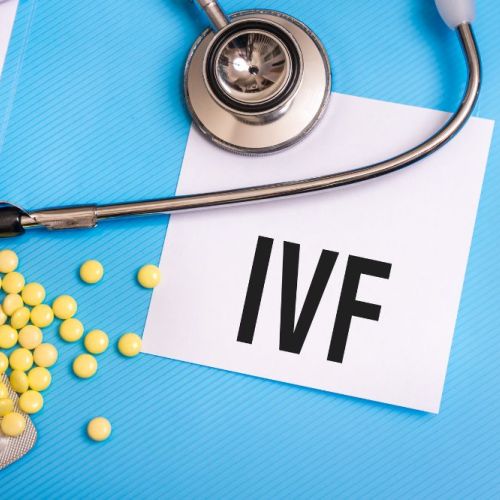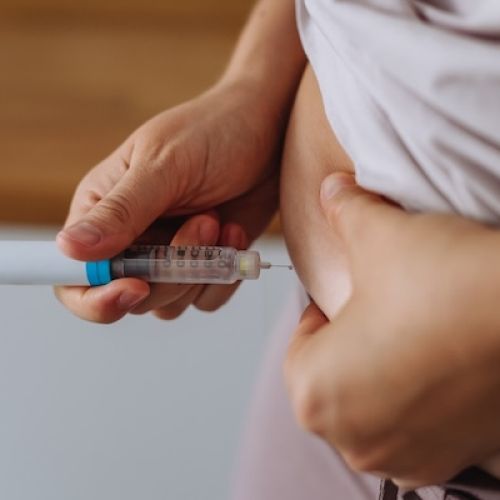Are We Eligible for PGT-A?

If you’re undergoing in vitro fertilization, PGT-A is something you should seriously consider. An advanced screening technique, PGT-A, which stands for preimplantation genetic testing for aneuploidy, evaluates embryos created during in vitro fertilization procedures. At the California Center for Reproductive Health, we recommend the vast majority of couples going through in vitro consider the testing.
Here’s when and why we recommend PGT-A.
About PGT-A
PGT-A screens all 23 pairs of human chromosomes in an IVF-created embryo. PGT-A is sometimes referred to as PGS, or preimplantation genetic screening. Embryos must contain the correct number of chromosomes in order to be implanted in the mother’s uterus and develop into a healthy baby.
Abnormalities can happen early on in the development of the egg, sperm, or embryo and result in the incorrect number of chromosomes. The numerical abnormalities are called aneuploidies.
One of the most common reasons that IVF fails to turn into a pregnancy is abnormal chromosome numbers.
Benefits of PGT-A
PGT-A increases the likelihood of you becoming pregnant after a transfer. It greatly reduces the risk of miscarriage due to problems with the embryo.
PGT-A also means we can implant just one single embryo with confidence, instead of implanting several with the risk of causing a pregnancy with multiples. Pregnancy with multiples is complicated and puts all of the embryos at risk of not surviving, early delivery, and possible health complications.
PGT-A also reduces the time to pregnancy because we’re able to identify a normal embryo quickly and attempt implantation into your uterus as soon as the embryo is ready.
Couples who benefit the most
Just about any couple going through IVF benefits from PGT-A. Research suggests as many as 73% of embryos created through IVF are aneuploid. Aneuploidies cause failed IVF in couples of all ages. But, aneuploidies are more common in older women. Therefore, PGT-A testing is especially valuable for women who are of advanced maternal age, defined as 37 or older.
Chromosomal abnormalities are more likely to develop as the mother ages. Chromosomal abnormalities usually make it so the embryo cannot survive or is born with a genetic disorder like Down syndrome.
We also highly recommend PGT-A for couples who have had:
- Recurrent pregnancy loss
- Failed IVF attempts
- A family history of chromosome problems
- Unexplained infertility
PGT-A is also for couples who want a confident single-embryo transfer and those who want to avoid repeated cycles of frozen embryos leading to IVF failure.
The process of PGT-A
First, our fertility specialists retrieve a woman’s eggs and fertilize them in the lab with her partner’s or a donor’s sperm. Once the embryo reaches the blastocyst stage (in 5-6 days), the embryologist biopsies a few outer cells and sends them for genetic analysis.
At the California Center for Reproductive Health, our specialists assist you in all aspects of infertility and pregnancy. If you’re pursuing in vitro fertilization, call one of our offices in Encino, Valencia, Alhambra, or West Hollywood, California, to set up an appointment. Or you can reach out via this website.




